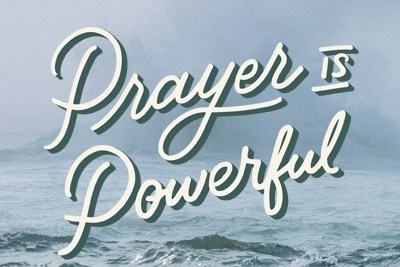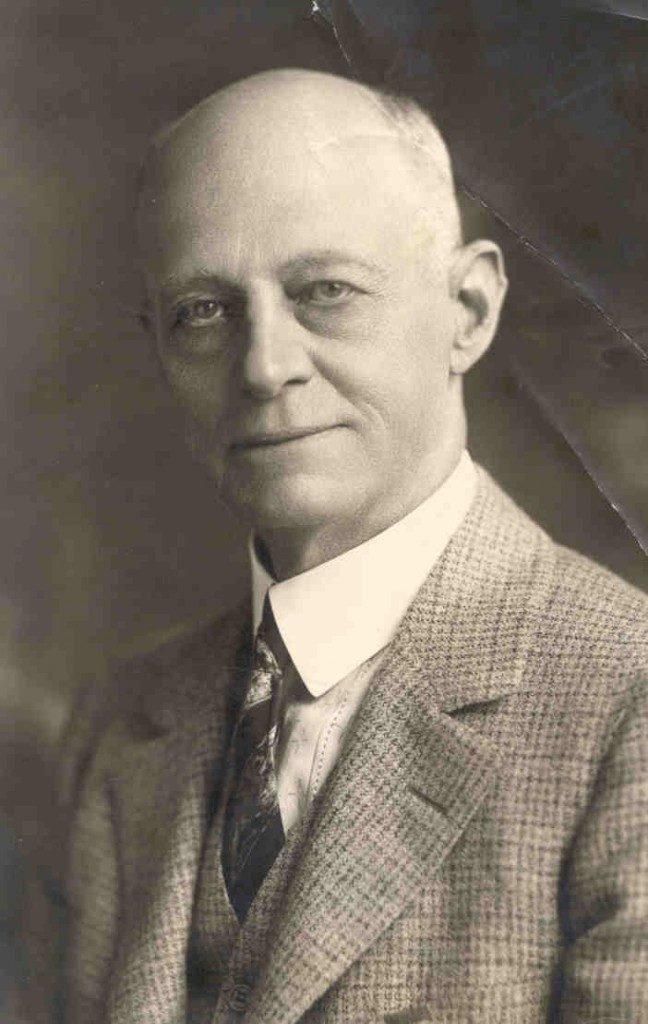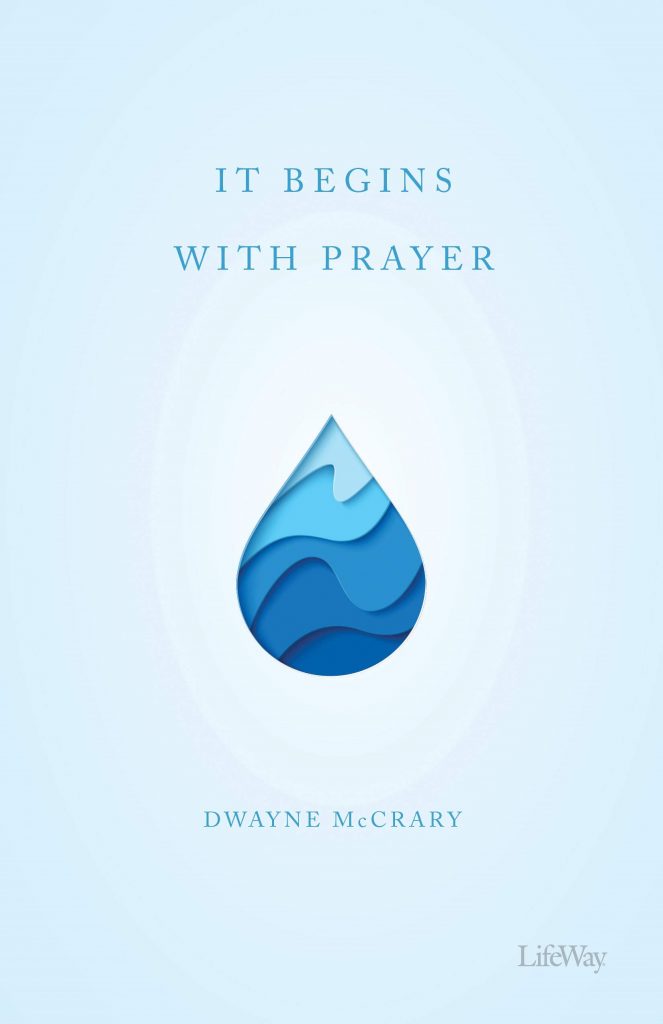
How can I make praying for the lost a cultural value for the group I lead? My friend, Jack Bell, has given me a sure-fire way to get people to turn a behavior into a habit. Jack says, “Tell them why, show them how, get them started, and keep them going.” These four steps can get your group praying for the lost so regularly that it becomes a cultural value for your group.
‘Tell them why’ means reviewing for your group the scriptures’ admonition to pray for lost people. ‘Show them how’ means demonstrating to your group how to pray for the lost with a specific list of people. ‘Get them started’ entails having your group members create their own lists of lost people to pray for. ‘Keep them going’ requires raising the issue of praying for the lost and the answers to those prayers in every meeting the group experiences.
Dwayne McCrary suggests keeping a list of specific lost people you are praying for as a leader. He then encourages you to get people in your group to keep and pray for a list. Finally, he envisions your group praying regularly for lost people as a part of each group meeting you conduct.
If you are not yet praying for specific lost people daily, this practice needs to become a habit in your life that your group members will follow. A good place to get started is a website named blesseveryhome.com. Once you create a free account, this site will prompt you to pray with a daily email listing five neighbors from your neighborhood. The site gives you a place to indicate when you have prayed for them, when you have shared Christ with them and whether they have indicated that they are a Christ follower.

Blesseveryhome.com could also be the beginning of the prayer lists your group members will create. Ask members of your group to pray for the lost specifically by name. Group members can visualize the impact of their prayers and gospel sharing in their own neighborhood. Sharing about prayers and answers to prayers becomes an agenda item every time the group meets. Once this happens for several weeks, this practice is on its way to becoming a cultural value of the group.
Clint Calvert is Church Leadership Catalyst for the Minnesota-Wisconsin Baptist Convention.



